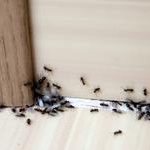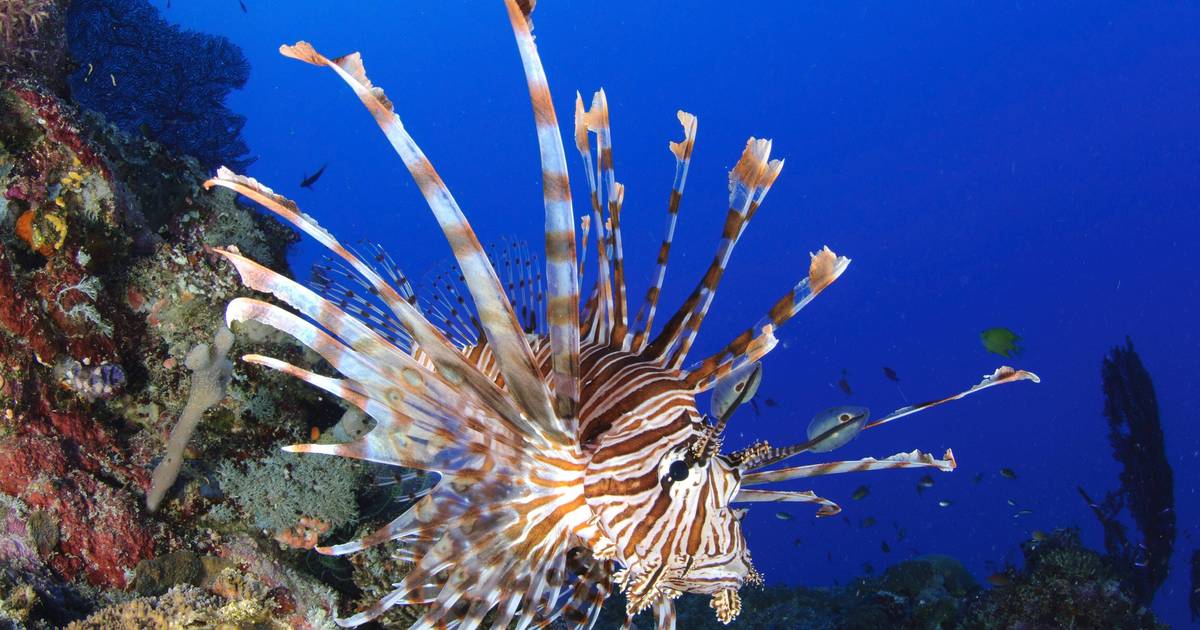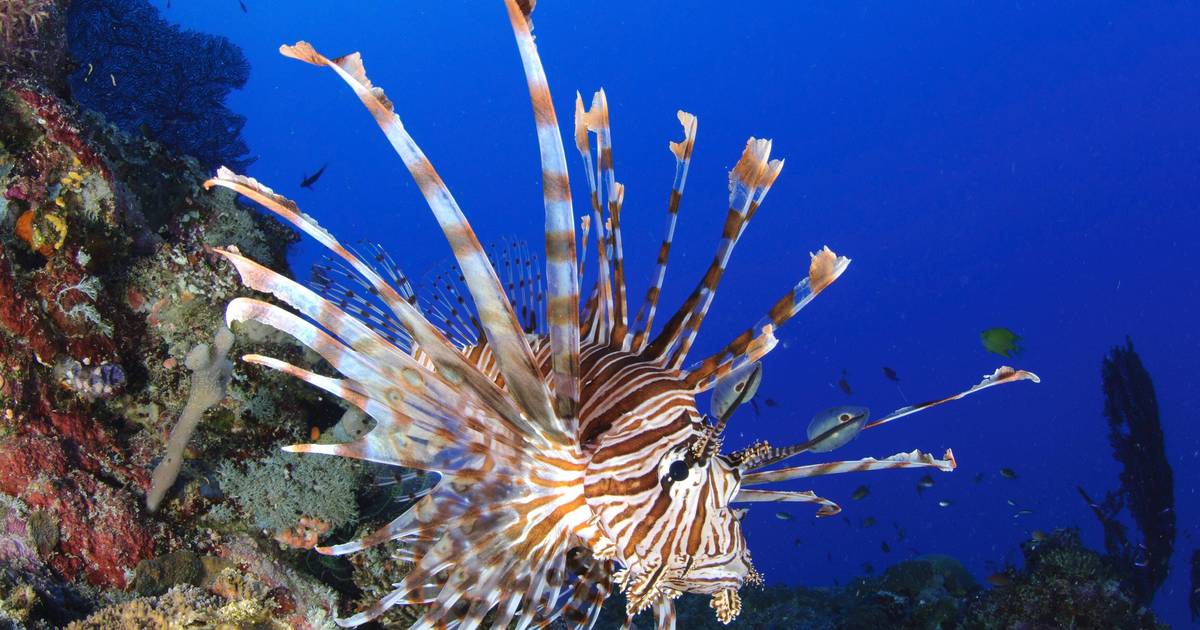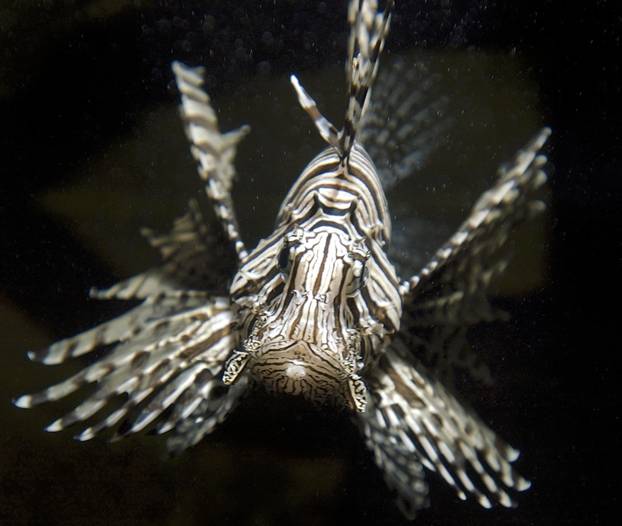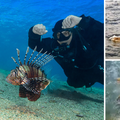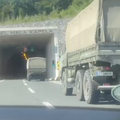There has been a rapid spread of the venomous lionfish, also known as lionfish or peacock fish, in the Adriatic Sea. This invasive species, although tropical, tolerates the cooler waters of the Adriatic well, enabling its spread along the eastern coast. Its venomous spines can cause severe pain and serious health issues, so caution is advised when catching it. There is concern about its negative impact on native fish species and the ecosystem, as it lacks natural predators to control its population. Scientists and local authorities are monitoring the situation and proposing measures to mitigate its impact, including potential removal from sensitive marine areas. The public is warned about the dangers and the importance of cooperation in managing this invasive species.
Political Perspectives:
Left: Left-leaning sources emphasize the ecological risks posed by the invasive lionfish species in the Adriatic Sea, highlighting the threat to native marine biodiversity and the need for environmental protection measures. They stress the importance of scientific research and community involvement in managing the invasion and call for stronger regulatory actions to prevent further ecological damage.
Center: Center-leaning reports focus on the factual aspects of the lionfish spread, providing balanced information about the species’ characteristics, its rapid expansion in the Adriatic, and the potential health risks to humans. They highlight ongoing scientific studies and cooperation between local authorities and experts to monitor and control the population, emphasizing public awareness and safety precautions.
Right: Right-leaning narratives tend to underline the challenges posed by the lionfish invasion but may also stress the resilience of local ecosystems and the role of human activity in managing the problem. They might highlight the economic implications for fisheries and tourism, advocating for practical solutions such as targeted removal and cautioning against alarmism, while supporting local stakeholders’ efforts to address the issue.


